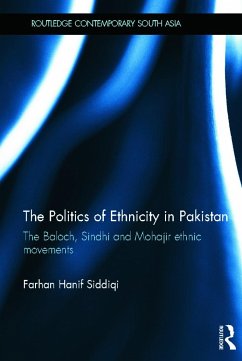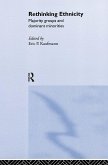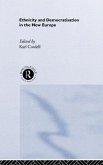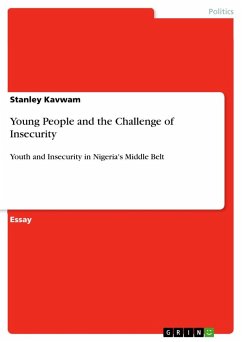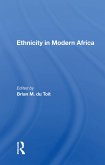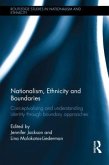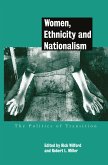In order to understand the Pakistani state and government's treatment of non-dominant ethnic groups after the failure of the military operation in East Pakistan and the independence of Bangladesh, this book looks at the ethnic movements that were subject to a military operation after 1971: the Baloch in the 1970s, the Sindhis in the 1980s and Mohajirs in the 1990s. The book critically evaluates the literature on ethnicity and nationalism by taking nationalist ideology and the political divisions which it generates within ethnic groups as essential in estimating ethnic movements. It goes on to challenge the modernist argument that nationalism is only relevant to modern-industrialised socio-economic settings. The available evidence from Pakistan makes clear that ethnic movements emanate from three distinct socio-economic realms: tribal (Baloch), rural (Sindh) and urban (Mohajir), and the book looks at the implications that this has, as well as how further arguments could be advanced about the relevance of ethnic movements and politics in the Third World. It provides academics and researchers with background knowledge of how the Baloch, Sindhi and Mohajir ethnic conflict in Pakistan took shape in a historical context as well as probable future scenarios of the relationship between the Pakistani state and government, and ethnic groups and movements.
Hinweis: Dieser Artikel kann nur an eine deutsche Lieferadresse ausgeliefert werden.
Hinweis: Dieser Artikel kann nur an eine deutsche Lieferadresse ausgeliefert werden.

